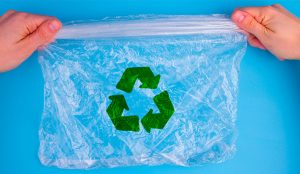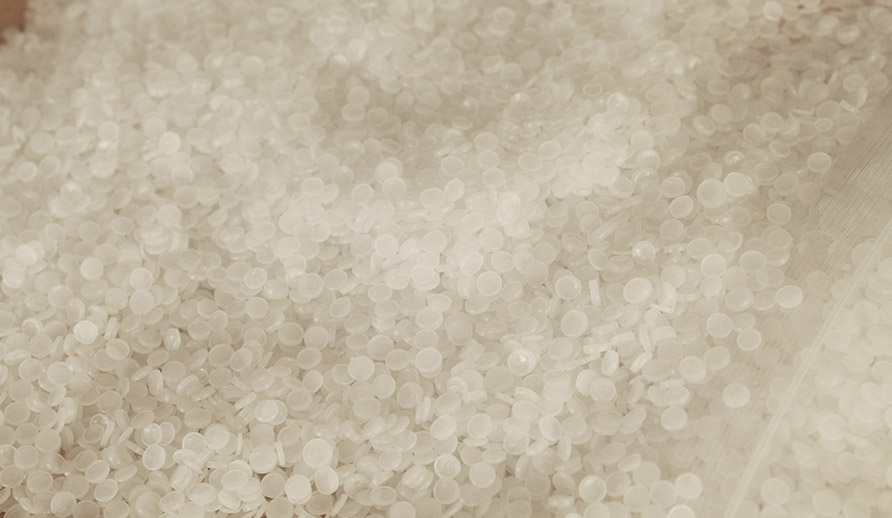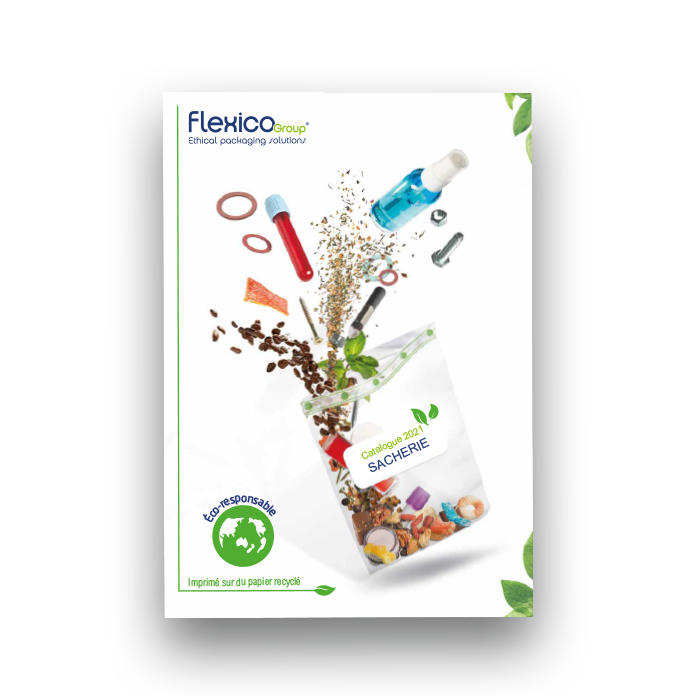
As a reminder, the deposit for reuse consists of returning a used bottle to a collection point, in exchange for a potential monetary payment. The bottle is then washed and reused. The deposit for recycling, on the other hand, consists of charging consumers an ecotax for every plastic bottle purchased. This tax will be paid back to them if they return the bottle to special collection points. It will then be recycled.
The anti-waste law will sort waste
According to the eco-organisation Citeo, the recycling rate in France reached 70% in 2018. However, there are major disparities between materials. For example, while steel is fully recycled, only 26.5% of plastic is recycled. The problem of plastic waste ending up in the environment has become a priority. This is one of the reasons why the French government has included in its anti-waste law the objective of aiming for 100% recycled plastic by 2025.
To achieve this ambitious goal, several measures have been included in the law. First of all, waste sorting will be generalised for “any producer or holder of waste”. For example, metals, glass, plastics, paper/cardboard, textiles and wood will be able to be disposed of in specific bins in supermarkets. In this way, consumers will be able to get rid of packaging as soon as they go to the checkout, by 2025 at the latest.
In addition, the rules for sorting waste in the municipalities are to be standardised. The use of signs will provide citizens with clear information about these rules. Finally, by 1 January 2022 at the latest, packaging must indicate in detail the sorting instructions that apply to each of its components.
Recycling as a priority objective of the law on combating waste
Sorting is good, but the objective is to recycle everything that is sorted. To achieve this, marketers are obliged to design recyclable plastics from 2022, on pain of a fine. In addition, two progressive recycling targets for plastic bottles for food use are defined:
- 77% in 2025 ;
- 90% in 2029.
To support the need to improve sorting performance, awareness campaigns will be implemented by the eco-organisations. They will focus on the recyclable nature of products placed on the market.
Finally, in order to support recycling, it is necessary to find outlets for recycled products. To this end, the law on the circular economy and the fight against waste provides for the obligation to incorporate recycled materials in certain products. These will be precisely defined after health and environmental impact studies.
Combating waste by repairing what can be repaired
It is important to produce less waste. To this end, repairing products with spare parts is an excellent solution. The anti-waste law therefore includes several measures in this respect.
The first of these is aimed at producers of electrical and electronic equipment. By 2024 at the latest, they will have to communicate the reparability index of their products. This information will be accompanied by the duration of availability of spare parts. Consumers will then be able to compare them to the best of their knowledge.
These spare parts may be new or replaced by parts from the circular economy. In addition to reducing costs for the consumer, the aim is to reduce waste production.
In addition, the incentive to repair is supported by measures concerning the legal guarantee. From now on, any repair during the warranty period will automatically extend the warranty by a further six months. Furthermore, if repair is not possible or is not carried out by the seller, the consumer can demand a replacement of the product. In this case, the legal guarantee starts from scratch.
Finally, the producer of a good does not have the right to oppose its reparability or reconditioning, in any way whatsoever.
Deposit as an alternative to recycling to avoid waste
Deposit for re-use, deposit for recycling? Both solutions have been discussed at length in the media in recent months. The text of the law leaves the door open by asking ADEME to evaluate annually the recycling performance, especially of plastic bottles. Then, in 2023, if the targets are not met, the Government will introduce a deposit system for reuse and/or recycling.
As a reminder, the deposit for reuse consists of returning a used bottle to a collection point, in exchange for a potential monetary payment. The bottle is then washed and reused. The deposit for recycling, on the other hand, consists of charging consumers an ecotax for every plastic bottle purchased. This tax will be paid back to them if they return the bottle to special collection points. It will then be recycled.
The law on the fight against waste and the circular economy promises to revolutionise the French system, both in terms of production and waste management. The stated aim is to ban single-use plastic and put recycling and reuse at the forefront for all materials. The ambition is there, some solutions already exist and others are still being researched and are making progress… All that remains is to apply and wait for the results!
> To find out more about Flexico’s waste management policy, go to the Flexico, an eco-responsible player page.


